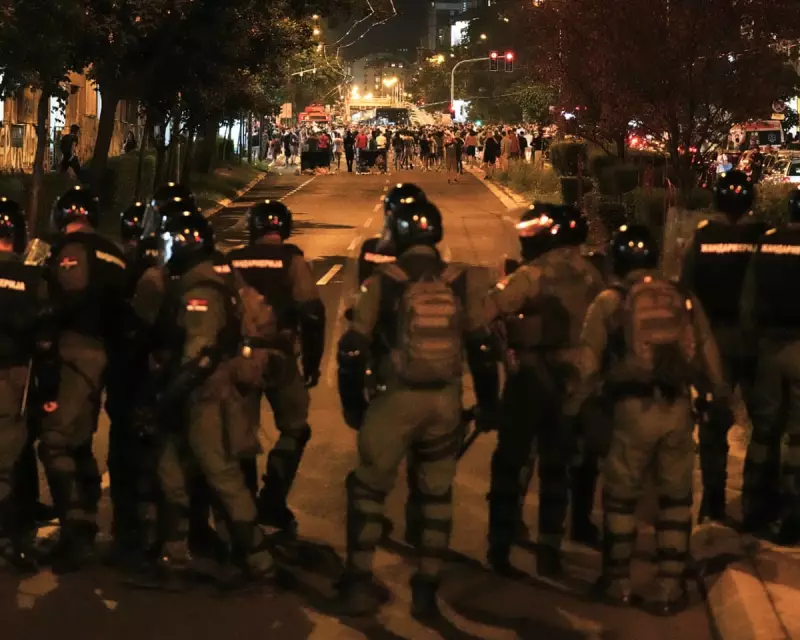
Serbian President Aleksandar Vučić has delivered a defiant message to opposition groups, declaring that his government will not tolerate violent street protests following days of escalating political tensions in the capital.
The strong statement comes after opposition supporters took to the streets of Belgrade, contesting recent election results and alleging widespread irregularities in the democratic process.
Vučić's administration has drawn a firm line in the sand, emphasising that while peaceful demonstration remains a constitutional right, any movement towards violence will be met with immediate and decisive action from security forces.
Mounting Tensions in Belgrade
The political atmosphere in Serbia has grown increasingly charged since the recent elections, with opposition leaders rallying supporters to challenge the official outcomes. Protest organisers have accused the ruling party of electoral manipulation and voter intimidation – claims that government officials vehemently deny.
"We cannot and will not accept attempts to destabilise our country through violence and chaos," President Vučić stated during a press conference, his tone firm and uncompromising.
Government's Stance on Protest Management
The Serbian leadership has made clear distinctions between legitimate peaceful assembly and what it characterises as politically-motivated unrest. Authorities have pointed to isolated incidents of property damage and clashes with police as evidence that some protest elements have crossed into unacceptable behaviour.
Security forces have been placed on heightened alert throughout Belgrade, with additional personnel deployed to monitor demonstrations and maintain public order. The government maintains that its primary concern is ensuring the safety of all citizens while preserving constitutional order.
International Attention Grows
The developing situation in Serbia has begun attracting attention from European observers and international human rights organisations. Many are closely monitoring how the government balances its security concerns with democratic freedoms of assembly and expression.
This political crisis represents one of the most significant challenges to Vučić's administration in recent years, testing the government's ability to manage dissent while maintaining stability in the Balkan nation.
As tensions continue to simmer, all eyes remain on Belgrade to see whether dialogue or further confrontation will characterise Serbia's immediate political future.





